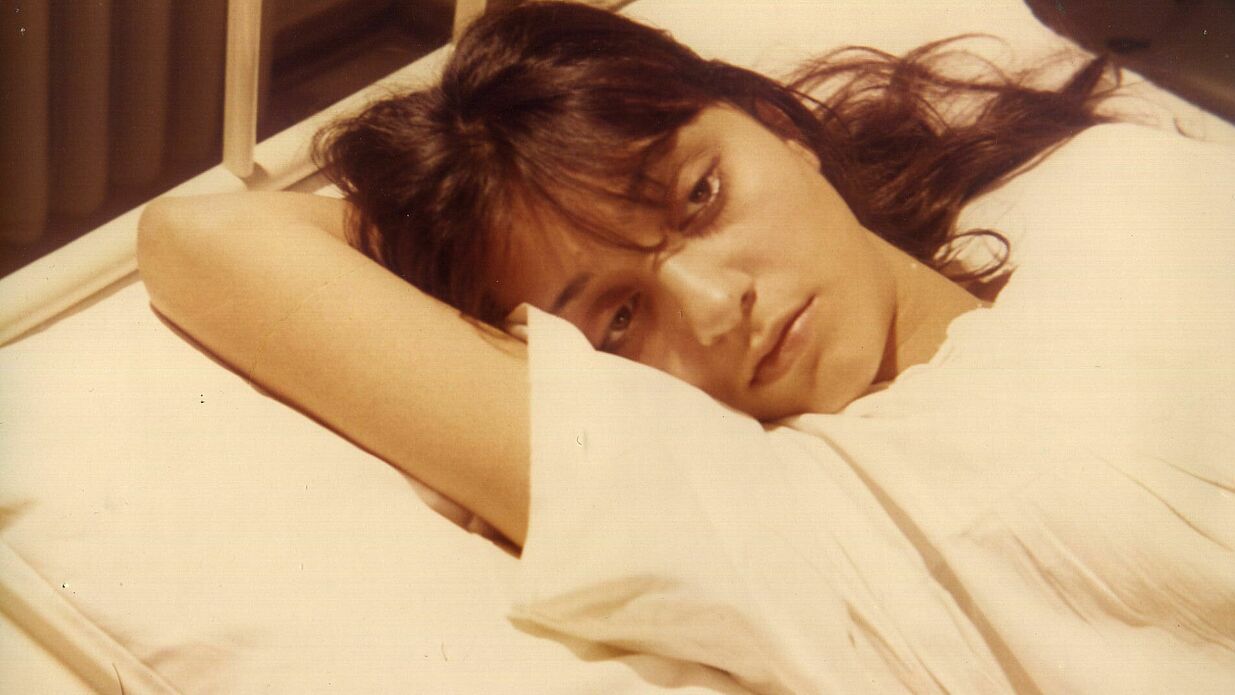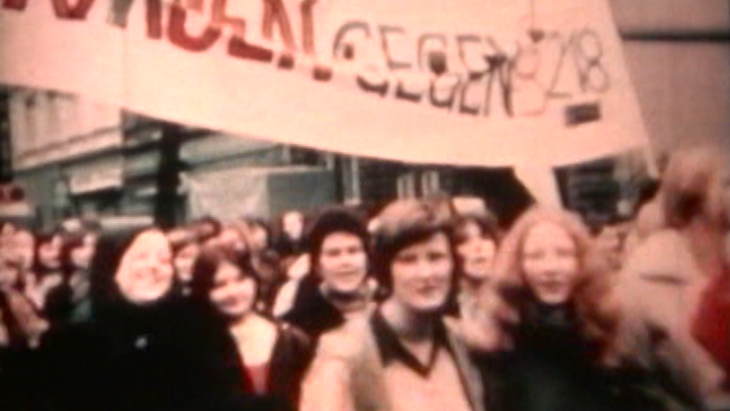Children or no Children
Conflict of pregnancy in German film

That the struggle for bodily self-determination in Germany is far from over was most recently demonstrated in the dispute over Section 219a of the Criminal Code, which banned public information on abortion and forced doctor Kristina Hänel to pay a fine in 2017. As the abolition of the section was celebrated on 24 June 2022 after a successful constitutional challenge, the Supreme Court in the USA overturned the constitutional right to abortion on the same day. The fatal effects are already being felt in 13 states, with a direct knock-on effect on neighbouring states. East of the Oder, in Poland, reproductive (human) rights are also being further restricted. Following a change in the relevant legislation, human rights activist Justyna Wydrzyńska is currently facing three years' imprisonment for "aiding and abetting abortion". The fact that abortion is officially a punishable offence in Germany and is only legally possible through the "Fristenlösung" (period solution) with compulsory counselling and indication regulations has been an ongoing issue of the feminist movement since the introduction of Paragraph 218 in 1871.
The history of this struggle is also reflected in German-language film history, as the retrospective "Whether Children or None - Pregnancy Conflict in Germany Cinema" reminds us. From the women's and sexual reform movement in the Weimar Republic and the Federal Republic, to the invention of the birth control pill and the legalisation of abortion in the GDR, the films trace the continuities and ruptures of these developments up to the present day. The films often share an interventionist claim and the desire to influence public debates and discourses. While the model of the bourgeois nuclear family, its restrictive conventions and patriarchal power structures were increasingly questioned, especially from the 1970s onwards, in later films the question of having children is mostly shown on an individual level.
whether children or none invites us to trace these social developments. The title of the series refers to the virulent slogan of the New Women's Movement, "whether children or none, we decide alone", and takes up the demand for reproductive self-determination. In recurring situations, we become aware of the different argumentation patterns and predicaments, also dependent on the form of the state, to which those affected are exposed. They not only get into legal and ethical conflicts, but also find themselves in a situation of economic and social hardship. The decision for or against a pregnancy is therefore not a decision to be taken lightly, even in the case of legal abortions(Mathias Barkhausen & Fiona Berg)
